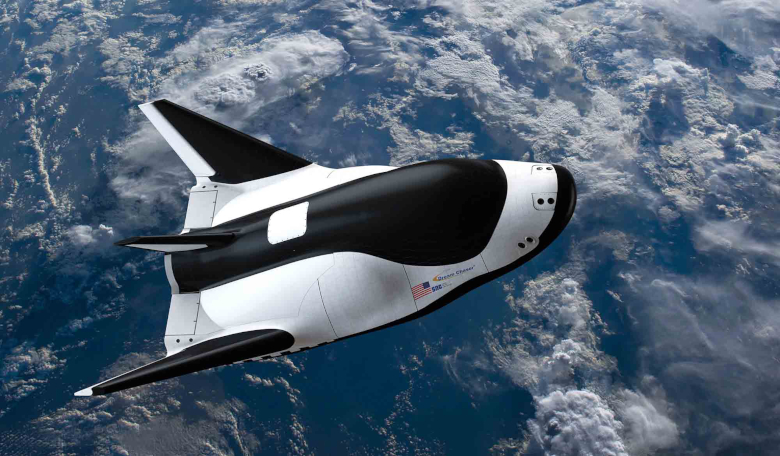Sierra Space will be the new name of Sierra Nevada Corp’s (SNC) Space Systems business as it transitions to become an independent subsidiary of SNC this year.
SNC’s president and chairwoman Eren Ozmen announced the transition in an email to employees sent yesterday (13 April) and shared under embargo with the ROOM Space Journal news team.
“What started as a US$40 million acquisition has grown its revenue by 10 times to $400 million today, and will reach $4 billion within 5-10 years,” Ozmen said.
Together with husband Fatih Ozmen, CEO, the couple have steadily acquired small tech companies to make up today’s SNC, including a pair of acquisitions in 2008 that would later form the Space Systems business area. One of those was SpaceDev, which made satellite parts and was developing the Dream Chaser spaceplane.
Now, with an autonomous Dream Chaser launching as soon as 2022 and a commercial space station concept attracting headlines - not to mention ongoing satellite work, a propulsion business, and projects such as the descent brake mechanism that gently lowered the Perseverance rover to the surface of Mars in February - the company is “uniquely positioned”, as Ozmen put it, at an inflection point which marks a “significant current market opportunity to build the new space economy”.
The Ozmens, sole owners of the nearly 5,000-strong employee company, acknowledged the possibility of raising outside investment in the space side of the business in an interview that aired on the US CNBC network last December.
“We are open-minded because we see that bringing in capital is going to allow us to scale up, significantly accelerate our growth,” Eren Ozmen said. In terms of investor interest, Fatih Ozmen added: “There is that excitement taking place that one cannot ignore.”
To fulfill a NASA contract to resupply the International Space Station (ISS), SNC is building its first two autonomous Dream Chasers in Louisville, Colorado, where it also completed its prototype of a space habitat.
The Ozmens named former NASA astronaut Janet Kavandi, a veteran of three Space Shuttle missions, executive vice president of Space Systems in November 2020. Kavandi, who holds a PhD in analytical chemistry, had already been in the job of Space Systems’ senior vice president for programmes for a year after retiring as director of NASA’s Glenn Research Center in 2019.
As executive vice president, Kavandi was placed in charge of “all aspects of SNC’s space business,” according to the company’s official announcement.
In an exclusive interview with ROOM in March, Kavandi and Space Systems’ Neeraj Gupta, director of programmes, predicted that private investment will bridge the gap from today’s reliance on governments to fund much of what goes on in space to a future in which a wider array of commercial entities operate there.
Kavandi said investors have begun to see “such a value in the future of low-Earth orbit commercialisation and all the different possibilities of ‘up there’.”
In addition to future clients that may want to conduct research, manufacturing, film-making or tourism in orbit, Gupta said interest in space is now “not limited to just a few different countries.” He pointed to “a very large community out there that’s developing and wants access to space but currently doesn’t have it… It’s really now becoming a global priority.”
Kavandi suspects the dream of commercialising low-Earth orbit “will live and develop over many decades”.
“We’re at the very cusp of this emerging market,” she added. “Once someone is brave enough to put their toe in the water and test it out, and it goes well, then I think we’re going to see this huge rush of people who are interested in doing the same thing.
“You just need those first few brave people to try that out and have the money to invest in it, and then I think the floodgate opens.”











